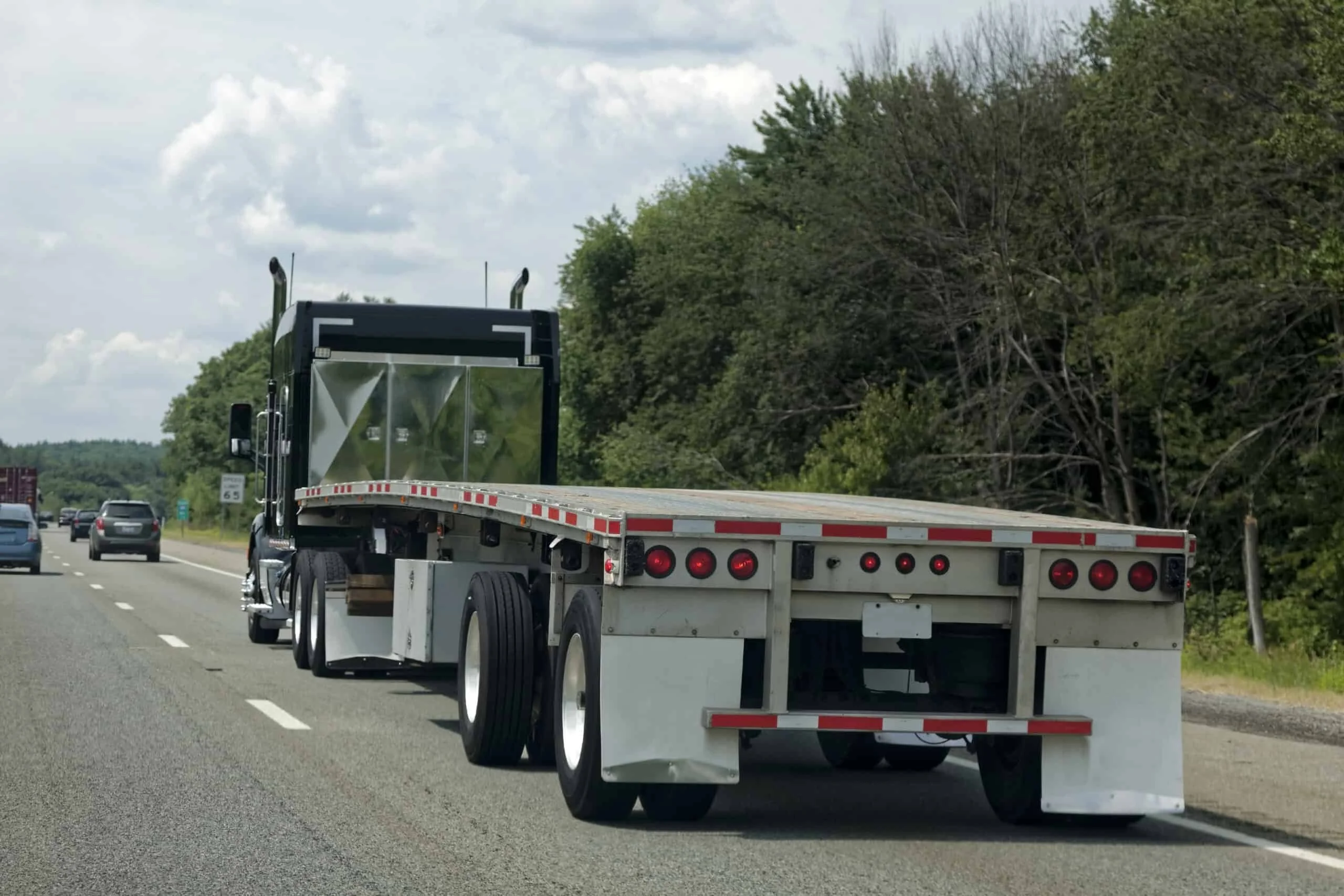Who is the right shipper for your business needs? When deciding on what is the safest mode of transportation for your import or export cargo, several crucial factors demand your attention. Depending on the destination, you can choose transport, including road, rail, air, sea, inland waterways, or a combination of these modes.
Deciding on what is the right transport mode for your business needs involves carefully considering tools and transportation methods to reduce logistics and shipping costs. However, determining the most cost-effective and safest alternative can be complex. To make an informed decision about the mode of transportation, consider the following key factors:
Transportation Cost
4 types of transportation are commonly used for moving goods: land, rail, water, and air. Each type has its advantages and considerations depending on the specific requirements of your cargo. The primary concern is the cost of transportation that aligns with your budget. Keep in mind that the transportation costs directly impact the overall cost of the goods. The price will inevitably vary based on the nature and quantity of the components involved.
Choosing rail transport is often the most economical option for inland long-distance transportation of large or bulky goods. On the other hand, land transportation utilizing trucks is recommended for small volumes of products over short distances. This approach also helps reduce handling and packing expenses. When timing is less critical, water transportation is cost-effective for moving large or bulky items over extensive distances. Despite its higher cost, air transport is the most efficient option for shipping perishable, lightweight, or precious products.
Reliability and Timeliness of Service
Dependability and regularity vary across different transport modes, but the best mode of transportation for you will depend on the desired speed and urgency of delivery. Keep in mind that land, sea, and air travel can be affected by weather conditions, such as heavy rain, snow, fog, and storms. Considering these factors will help you determine the best mode of transportation for your specific needs.
Safety
Cargo security and safety play a significant role in selecting the ideal mode of transportation. In certain cases, trucking goods across the country may be preferred over rail transport to minimize potential losses. Sea transportation carries higher safety risks due to various hazards. Specific packing techniques may be necessary to protect products during transportation, potentially increasing costs. Additionally, certain items may require specialized infrastructure, such as refrigeration, or specific security measures, which should be considered.
When it comes to determining the shipper for the transport types list, the shipper refers to the entity or individual responsible for initiating the shipment of goods. They are usually the party that contracts the transportation service and arranges for the cargo to be transported from the point of origin to the destination. The shipper may be the owner of the goods, the manufacturer, a distributor, or a freight forwarding company. The specific shipper for a particular transport type would depend on the context and the specific arrangements made to transport the goods.
Characteristics of the Goods
The weight and size of the cargo are crucial factors in determining the most suitable mode of transportation. Light and insignificant goods are typically well-suited for land and air transportation, while rail and maritime options are more suitable for substantial cargo volumes. The level of risk, fragility, or value associated with the goods also influences the preferred mode of transportation. Air and land transportation are often the best choices for transporting fragile and high-value products.
Additional Considerations
Other factors to consider are the conditions outlined in the export sales contract, especially if the buyer has specific shipping mode preferences. In situations where the foreign market is located on a different continent, road or rail transport may not be feasible for completing the crucial transit leg. The proximity of the buyer to airports, seaports, and railway stations is also an important consideration. Furthermore, the availability of port amenities, including cargo-handling machinery, can impact the overall transportation process.
At LAX Freight, we provide dependable and cost-efficient logistics services for shipping. As a trusted shipper company, we specialize in managing the transportation of goods and ensuring their safe and timely delivery. Our experienced team handles various transport types, including trucking, rail, and sea. We understand the importance of cargo security and safety and take necessary precautions to protect your products during transit.
Get a no-obligation freight quote tailored to your needs. Whether you require expedited shipping, specialized handling, or specific security measures, LAX Freight is equipped to meet your requirements and provide reliable logistics solutions. Check out the LAX Freight blog to learn more useful tips from the world of transportation.



